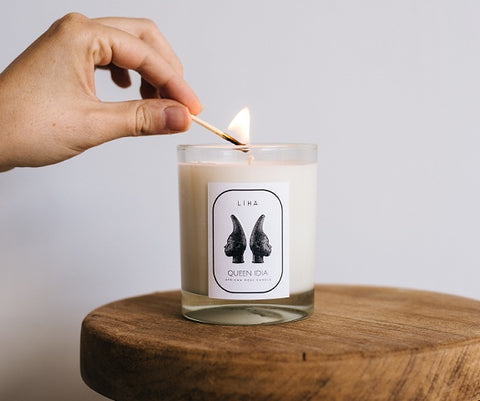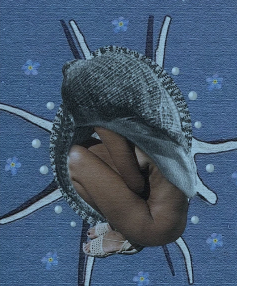“And so he would now study perfumes, and the secrets of their manufacture, distilling heavily-scented oils, and burning odorous gums from the East. He saw that there was no mood of the mind that had not its counterpart in the sensuous life, and set himself to discover their true relations, wondering what there was in frankincense that made one mystical, and in ambergris that stirred one’s passions, and in violets that woke the memory of dead romances, and in musk that troubled the brain, and in champak that stained the imagination.”
Oscar Wilde, ‘The Picture of Dorian Gray’
Mr Wilde had a way with words and was long intrigued by the relationship between scent and psychology. The topic was revisited later in the gripping novel by Patrick Süskind: Perfume: The Story of a Murderer which tells the tale of a perfumer who has an overwhelmingly powerful sense of smell that drives him to kill.
So why does scent have such a dynamic ability to interact with our mind?
Smell is pretty unique, compared to the four other senses we humans have. While our other senses communicate directly to the thalamus, which is essentially the ‘switchboard’ in our brain, scent is processed in the olfactory bulb within our limbic system, which is also where our brain stores memories and emotions, explaining why scent can evoke such intense feelings and vivid memories so quickly.
Old forgotten moments from childhood can be recalled by inhaling the smell of candy, a certain spice or flower, while a past lover might spring to mind when you’re squished next to someone on the tube, who uses the same laundry detergent.
Since ancient times, we’ve turned to scent - through incense, fragrance and aromatic plants and oils - to enhance our wellbeing, not only as medicinal remedies and ailments, but also to influence our state of mind and emotions.
Conversely, given the global interest in the scent and brain connection for so many centuries, very few languages actually have ample vocabulary, or words to define the way that scents smell. We often rely on another phrasing to explain an aroma, purely for lack of a better term, because the words don’t exist! Kant decided that “smell does not allow itself to be described, but only compared through similarity with another sense.”
The night-blooming tuberose flower found in our Idan oil has a sweet heady fragrance, it’s long been believed to have powerful aphrodisiac properties. In Victorian times, young girls were banned from inhaling its scent for fear of spontaneous orgasms.
Our customers have often described it as 'Summer in a bottle' . For me, especially on those long British winters when summer feels like it will never arrive, dousing my skin with Idan oil will always take me back to the sweet summer nights spent dancing on the majestic beaches of Nungwi in Zanzibar.
The past few weeks have taught us all that beauty and wellness are important everyday rituals that keep us grounded. We have all developed our own secret little rituals for the day. If our mood is low, home-schooling has frazzled our brains, or we are really just over it; taking a small moment to rub our favourite oil, light our favourite candle or spray perfume is testament to the power of scent and the genuine impact it has on our psyche.




Comments (0)
There are no comments for this article. Be the first one to leave a message!